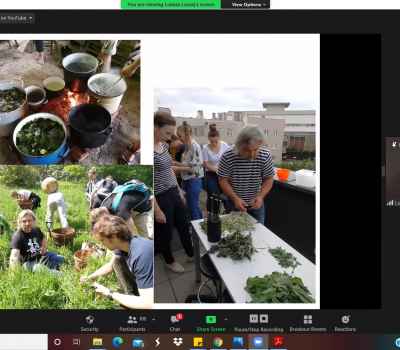Medicinal Plants
This programme seeks to demonstrate a multi-faceted, multi-institutional, multiple stakeholder intervention focused on documentation, conservation and sustainable use of medicinal plants for health and livelihood security of rural communities. The programme design contributes to strengthening “One Health” strategies in India. In this context, it also works towards forging relationships particularly with other countries in Asia that have a long history of cultural exchange around medicinal plants.












